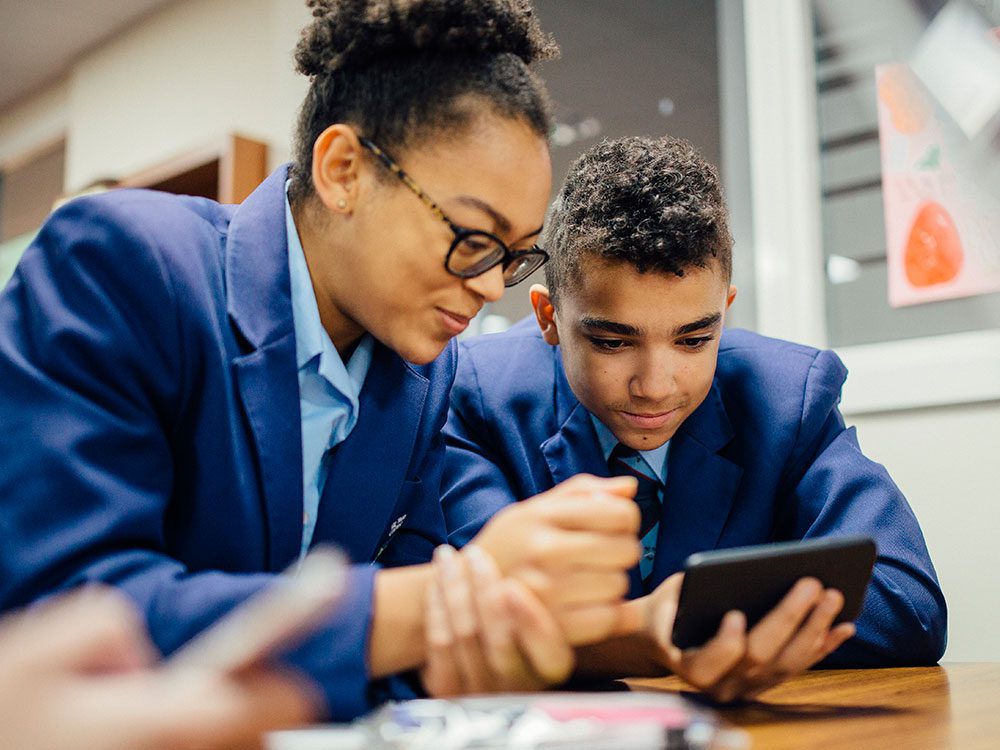Social media influencers and politicians both play important roles in shaping public opinion, but there are key differences between the two. Influencers, with their large followings and global reach, connect with diverse audiences and have the ability to influence opinions on a wide range of topics. They are often viewed as relatable and authentic, which helps them sway public opinion. In contrast, politicians primarily target their constituents and aim to shape their opinions through their authority and expertise. While politicians have the power to enact substantial changes, they often rely on influencers to expand the reach of their messages, particularly to younger generations. Recognizing and collaborating with both influencers and politicians can lead to a more interconnected and informed society.
Influencers vs. Politicians: Evaluating the Role of Social Media Stars in Shaping Public Opinion
Introduction
Social media has revolutionized the way information is disseminated and consumed, giving rise to an influential group of individuals known as influencers. These social media stars have amassed large followings and exert significant influence over their audience’s opinions and decisions. In parallel, politicians have long been recognized as the key drivers of public policy and opinion. This article aims to compare and contrast the role played by influencers and politicians in shaping public opinion and to assess the significance of each group’s influence in today’s digital age.
Background
Influencers, often referred to as social media celebrities, have gained popularity through various platforms such as Instagram, YouTube, and TikTok. They create engaging and relatable content, showcasing their lifestyle, skills, or opinions to connect with their followers. On the other hand, politicians are public figures elected or appointed to represent the interests of their constituents and make decisions on their behalf.
Reach and Audience
One of the primary differences between influencers and politicians lies in their reach and audience. Influencers tend to have a more diverse and global following, transcending geographical boundaries and bringing people from different cultures and backgrounds together. Their ability to connect with a wide-ranging audience allows them to influence opinions on a myriad of topics beyond politics. Conversely, politicians primarily target their constituents, aiming to shape their opinions and gain their support. Their influence is centered on their ability to affect public policy, legislation, and governance.
Authenticity and Relatability
Influencers often succeed in shaping public opinion due to their perceived authenticity and relatability. Their followers view them as “real” people who share their experiences, struggles, and values. When influencers express their opinion on a particular product, service, or social issue, their audience tends to align with their viewpoint. Politicians, on the other hand, are often criticized for being detached from the daily lives of ordinary citizens, leading to skepticism and distrust. While they wield power and authority, their messages may be perceived as less genuine, potentially hindering their influence over public opinion.
Subject Matter and Expertise
The subject matter of influence for influencers varies widely, including fashion, beauty, lifestyle, health, and even politics. While influencers may not necessarily possess expertise in their areas of influence, they often have personal experiences or a captivating presentation style that resonates with their audience. Politicians, on the contrary, are expected to possess deep knowledge and expertise in the fields they operate in. However, their expertise may not always resonate with the general public, making it challenging for them to influence opinions outside their established domains.
Evaluating Impact
Measuring the impact of influencers and politicians on shaping public opinion is a complex task. While influencers may have a broader reach and engagement, their influence may primarily impact consumer behavior or raise awareness about social issues. Politicians, on the other hand, have the power to enact substantial changes and develop policies that affect society as a whole. Their impact can range from local governance to international relations. However, politicians often rely on influencers to expand the reach of their messages and connect with younger generations who are more likely to engage with social media content.
Conclusion
Influencers and politicians play distinct yet significant roles in shaping public opinion. Influencers bring a fresh and relatable perspective to social issues and consumer trends, while politicians have the power to implement legislative changes that impact society as a whole. In today’s digital age, the collaboration between influencers and politicians is becoming increasingly important. Influencers amplify politicians’ messages, making them more accessible to a wider audience, while politicians leverage influencers’ reach and influence to connect with the younger generation. Recognizing the potential of both groups and finding effective ways to engage and collaborate with them can lead to a more interconnected and informed society.
